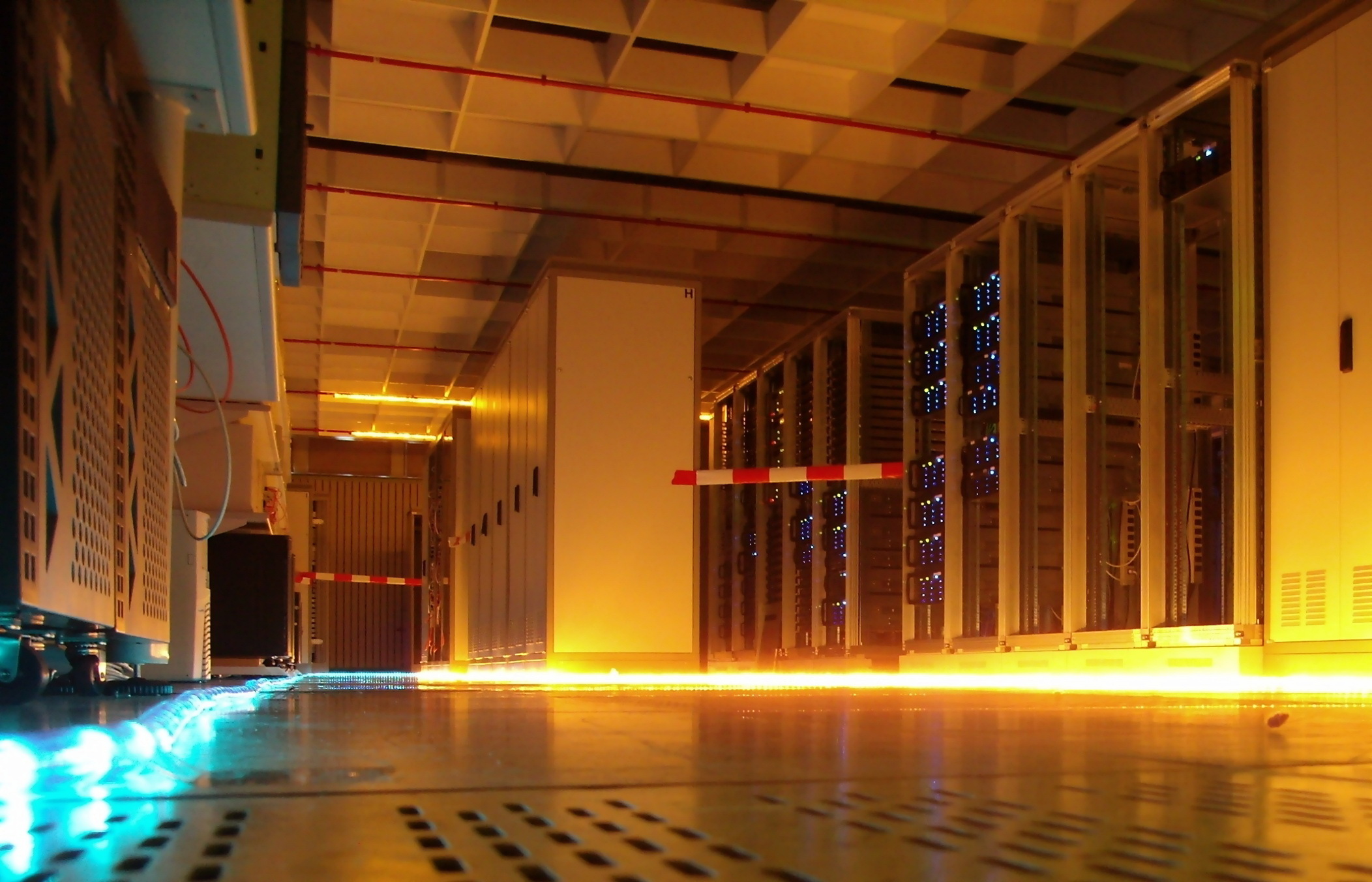AUTHOR
Justine Chauvin
Justine graduated with a B.A. in International Relations from the University of Geneva, and a M.A. in International Politics of the Internet (Dist.) from Aberystwyth University. Her studies focused on emerging security challenges – in particular cyber security – and new technologies’ impact on social movements. After interning at the International Telecommunication Union (ITU), assisting in preparing and executing an international forum on ICTs (Telecom World 2014), she worked at the associate level at Access, an international human rights organization defending digital rights.









